As Friday’s executive order on immigration landed on air travelers around the world, my email account at the Massachusetts Institute of Technology (MIT) lit up like nothing I have seen in the three years as a visiting scholar there. An MIT student returning from winter break in Iran, Nikki Mossafer Rahmati, was prevented from returning, stopped en route in Doha.
Starting Saturday, emails have been flying from administrators seeking to wrap their arms around the impact on students. They expressed concerns, calls to action, and bulletins about protests at Logan Airport and elsewhere, as well as a stay granted by two Boston judges. The anguish and urgency were palpable.
Bear in mind, MIT has felt the effects of terrorism right at home. Days after the Boston Marathon bombing, when the Tsarnaev brothers began their frantic gun-toting dash out of town, they shot MIT police officer Sean Collier at a prominent intersection of the campus. Today, a memorial to Officer Collier occupies the plaza at the entrance to MIT’s totemic Frank-Gehry-designed computer science building.
And, while the prevailing politics in the labs and classrooms are about what you’d expect in Cambridge, as campuses go, MIT is not an especially political place. Friday’s executive order touched off a storm of activism that was not evident in the election or its aftermath. MIT is hardly alone, though. The eruption of activism was felt on campus across Boston and other cities, evident in the spontaneous demonstrations at around the country.
Campuses across America have become international places, a reflection of the enduring strength of institutions of higher education and the attraction that going to school in America holds around the world. Go to MIT’s main building with its famous “infinite corridor” any day of the year and you will find foreign tourists.
MIT counts 35 students from the seven countries targeted in the executive order. Its 3,289 international students represent only a small fraction of the 1,043,839 international students attending universities across the country.
This influx of foreign students has become a major export business in the United States. The Commerce Department’s Bureau of Economics & Statistics counts travel to the U.S. as exports because foreign travelers bring foreign money into this country, reducing the trade deficit. The contribution of foreign study to these exports was calculated at $32.8 billion in the 2015-2016 school year.
Actions like Friday’s executive order and the worldwide anxiety and disruption it caused are likely to reduce that amount. American universities are facing increasing competition around the world. This is evidenced by last year’s global survey of 40,000 students when cutbacks in immigration were merely a campaign promise: 60 percent said they would be less likely to choose the U.S. as a study destination if Trump was elected. Now that he is carrying out his promises very literally, many of those foreign students are likely to make that choice rather than take a risk.
Many of these foreign students go on to become designers and developers in America’s innovative companies. For all the points of tension between the Trump administration and tech industry, perhaps none looms as large as immigration. For some like Google’s Sergey Brin, it’s personal. Regardless of where the founders or top executives were born, immigration is a big issue on their workforces. The same sort of outrage and anguish that lit up the MIT community on Saturday is reverberating among tech industry employees.
Tech executives who met with Donald Trump in December walked a fine line between holding out an olive branch in the interests of their companies and the outright anger of their employees. And after last week, that line got as thin as a razor.
The new president seems to enjoy breaking china. But the damage from the little-considered executive order is more than a few travelers “inconvenienced”, as White House Chief of Staff Reince Preibus put it on Sunday. It threatens to make the American economy smaller, not greater.
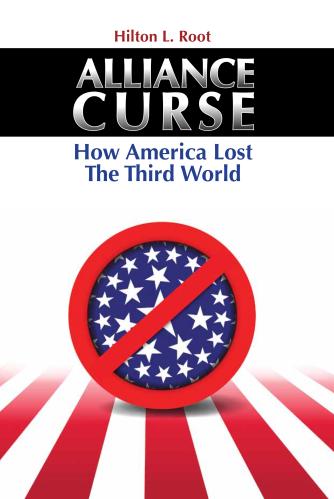
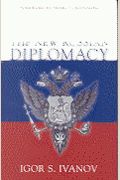
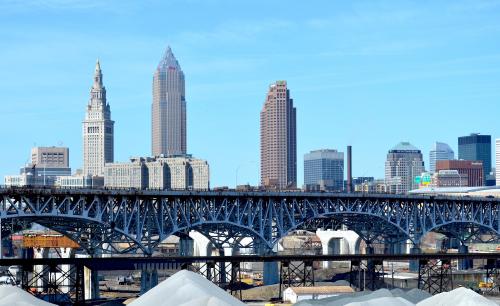
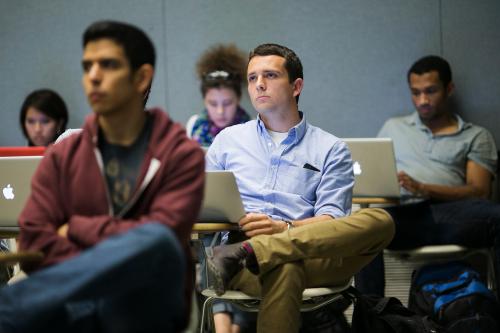
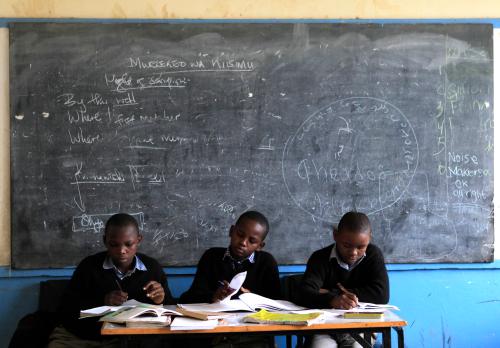
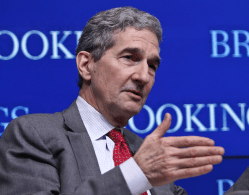
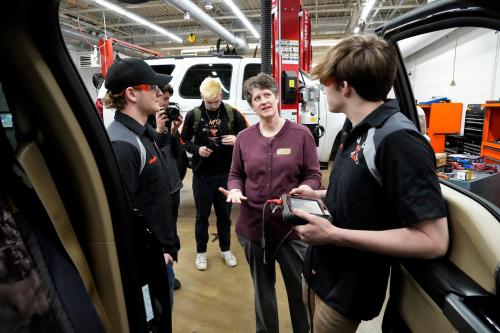


Commentary
Trump’s immigration order deprives U.S. of exports and technology talent
January 30, 2017